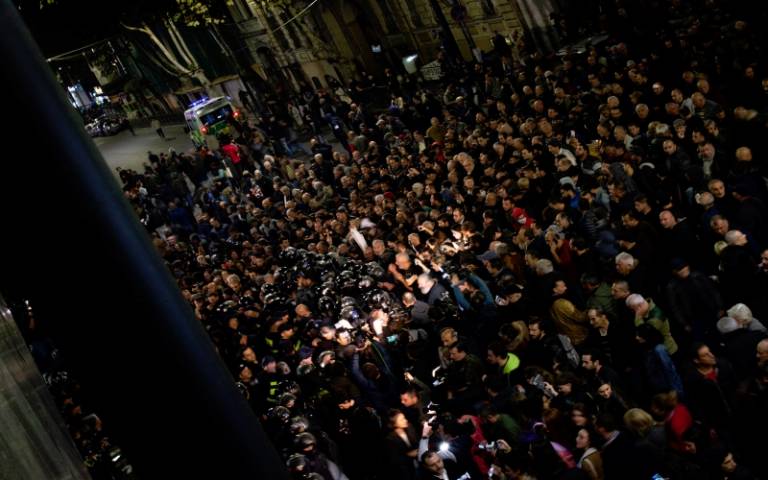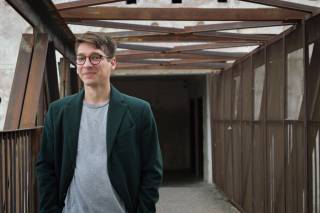Looking for Security: A Praxiographic Approach to the Study of (Everyday) Security
24 May 2021, 1:00 pm–2:00 pm

A UCL SSEES Research Student Seminar with David Rypel, PhD Candidate at SSEES
This event is free.
Event Information
Open to
- All
Availability
- Yes
Cost
- Free
Organiser
-
SSEES
This presentation is a part of David’s PhD research, which investigates ways in which the question of belonging is enacted in security practices of queer Georgians.
How do efforts to make our lives secure employ and affect the sense of where we and others belong? Among critically-minded scholars, security is often thought to be inherently exclusionary: It needs (and so constitutes) “dangerous Others” who must be dealt with while reinforcing the boundary around the notion of “Us”. They thus see the concept with distrust, and some go as far as dismissing it altogether as they suspect it is an instrument of illiberal and undemocratic governance. Others contend, however, that this is not the case; they identify, on the contrary, an undivided common identity or freedom from oppression as the source of security. In this view, exclusion undermines security even if it might not seem to be so in the short term.
However, both these camps are criticised for a tendency to assume a universal, fixed logic of security that results in a lack of attention to contextual variance. In other words, they fail to appreciate that what security is and how it is done – and so presumably, how it interweaves with belonging – may differ in particular social and historical contexts. Moreover, they frequently limit their inquiry to studies of elite discourses and practices – “ordinary people” are regarded as passive receivers (or sufferers) of security policies rather than active agents of security on their own – and so further reinforce dominant understandings of security even if they mean to deconstruct them.
In this seminar, David will discuss a way of studying security that builds upon this contextualist critique while hopefully also helping to overcome some of its limitations – mainly the uncertainty over how to tell that we “see” security when we yield its definition to the context. Approaching the matter from a material-semiotic perspective, he will propose that security could be productively studied as an object of valuation practices; this means seeing “security/secure” as a quality of things that cannot be confined to just one register of valuing. This is a work in progress, so critical feedback will be highly appreciated.
 Close
Close


